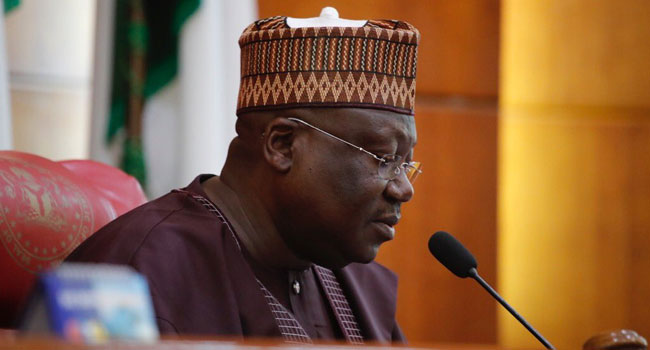Politics
Bill on medical tourism scales second reading in Senate

The bill seeking to check revenue leakages from medical tourism scaled second reading in the Senate on Thursday.
The primary objective of the bill is to reduce the number of Nigerians traveling to other countries for medical care.
The bill titled: “Federal Medical Centres (Establishment) Bill, 2021,” was sponsored by Senator Aishatu Dahiru Ahmed.
Ahmed, who led the debate on the bill, said the absence of a legal framework for the regulation, development, and management of Federal Medical Centers (FMCs) to set standards for rendering of health services was hindering the provision of intensive, effective, and efficient healthcare services to Nigerians.
According to her, the measure has led to a number of challenges in the health sector, including under-funding, weak facilities, and infrastructure, the poor motivation of health workers and low budget.
Others were weak accountability, conflicts with the political structure of the states, and industrial strikes which have led to inadequacies, shortcomings, and weaknesses which hindered effective healthcare delivery services.
The senator noted that the passage of the bill would reduce the number of Nigerians traveling to other countries for medical care.
She regretted that an average of 20,000 Nigerians traveled to India each year for medical assistance due to the absence of a solid healthcare system at home.
READ ALSO: Senate condemns Buhari’s foreign trips for medical treatment
Ahmed stressed that the bill would also sufficiently address the remuneration of employees of the FMCs and check the exodus of doctors and nurses to other countries.
She said: “77 percent of black doctors in the United States are Nigerians and there is rarely any top medical institution in the US or Europe where you don’t find Nigerians managing at the top level.
“Hardly a year passes without a major national strike by nurses, doctors, or health consultants. The major reasons for these strikes are poor salaries and lack of government investment in the health sector.”
After scaling the second reading, the bill was referred by the Senate President, Ahmad Lawan, to the Committee on Health for further legislative work.
The committee is expected to report back to the lawmakers in four weeks.
Join the conversation
Support Ripples Nigeria, hold up solutions journalism
Balanced, fearless journalism driven by data comes at huge financial costs.
As a media platform, we hold leadership accountable and will not trade the right to press freedom and free speech for a piece of cake.
If you like what we do, and are ready to uphold solutions journalism, kindly donate to the Ripples Nigeria cause.
Your support would help to ensure that citizens and institutions continue to have free access to credible and reliable information for societal development.
























